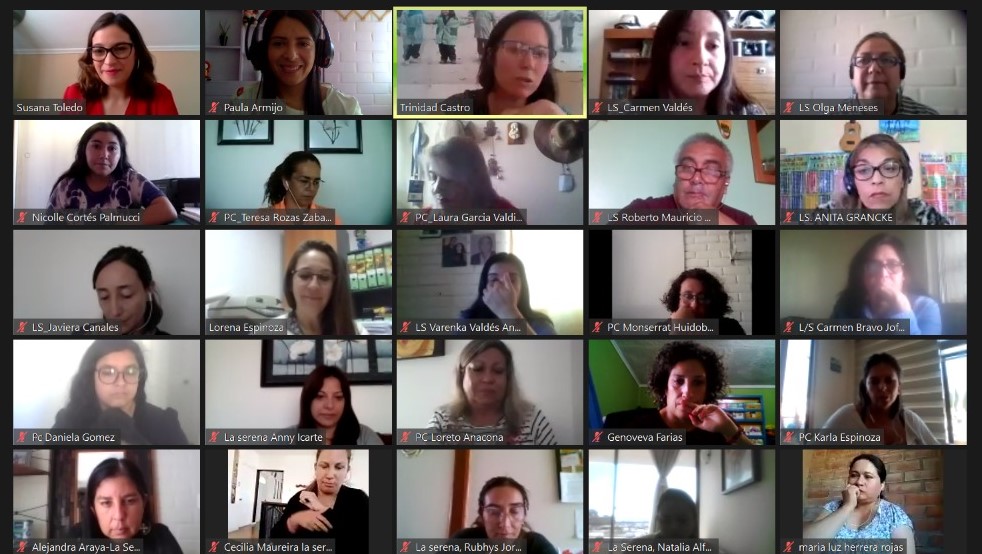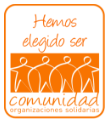The objective of the Diploma in Leadership and Continuous Improvement for Junji-VTF Kindergarten Directors, given for the first time by Fundación Educacional Oportunidad together with C-Líder and the Catholic University of Valparaíso, was to install leadership skills for continuous improvement in educational communities.

As of 2021, the kindergarten level was integrated into the Quality Assurance System (SAC) through the design and implementation of Kindergarten Education Improvement Plans (PME-EP) consistent with the curricular references, which allow kindergartens to promote concrete improvements in their educational processes to ensure the quality of the education they provide.
In this context, Fundación Educacional Oportunidad together with the Centro de Liderazgo en EducaciónC-Líder and the Universidad Católica de Valparaíso, created the "Diplomado de Liderazgo y Mejoramiento Continuo para Directas/es de Jardines Infantiles Junji-VTF", with the objective of supporting the entry into the Quality Assurance System of kindergartens and installing leadership skills for continuous improvement in the educational communities.
The diploma course, which took place virtually between March and October 2021, was attended by kindergarten directors and officials from the Puerto Cordillera Local Education Service, which covers the municipalities of Coquimbo and Andacollo, and the Education Corporation of La Serena, in the Coquimbo Region.
This diploma course, which closes its first version this week, used a methodology based on the development of skills for continuous improvement. To achieve this, each student designed and implemented an improvement project and developed practical workshops, tutorials and virtual accompaniment that allowed the gradual application of the content and improvement tools delivered in the sessions, always focused on addressing a real problem in the kindergarten.
It also promoted constant reflection based on the use of data for decision-making. The course also developed collaborative and networked work between the participating establishments and within each of the kindergartens and nursery schools.
Sixty-six per cent of the educational improvement projects designed by the students had as a priority focus the recovery of learning and 33% of the projects were framed under the priority focus of school coexistence and socio-emotional protection of children. The topics most frequently addressed by students in their continuous improvement projects were related to the participation of families in the context of remote or hybrid education, and to the evaluation and monitoring of children's learning.
At the closing session of the diploma course, Claudia Peirano, President of Fundación Educacional Oportunidad, said that "this group of directors is a milestone because they are completing a programme that has allowed them to put into practice the central principles of public education. I think they are a very important step forward in putting the policies, designs and principles of public education into practice and in the daily work in kindergartens".
For her part, Milanka Jeria, Director of the Intercultural Kindergarten Coquimbo, belonging to SLEP Puerto Cordillera, expressed her gratitude for the opportunity, highlighting that the diploma course took place in a complex scenario due to the pandemic. "I thank the team for their dedication, for guiding us on this path and for their patience. I am extremely grateful to the coaches who always urged us to continue, guided us and supported us in our tasks. I know that the first beneficiaries of this course will be our children, and they are already benefiting," she said.





